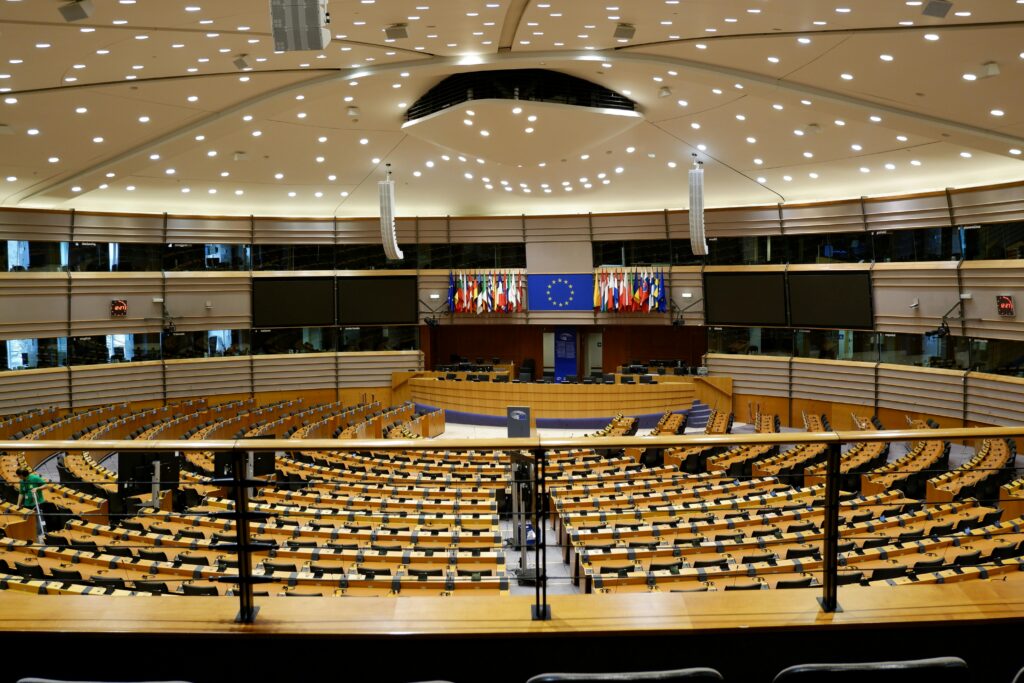
Durban, South Africa – Against a backdrop of global economic uncertainty, rising debt, and escalating climate shocks, the world’s top finance ministers and central bank governors gathered for the 3rd G20 Finance Ministers and Central Bank Governors (FMCBG) Meeting on July 17–18, 2025. Hosted under South Africa’s G20 presidency, the meeting marked a pivotal moment for global economic cooperation.
🌐 A Critical Juncture for the Global Economy
This year’s G20 theme, “Solidarity, Equality, Sustainability,” reflects the mounting pressures on the global financial system from supply chain disruptions and currency volatility to mounting debt in developing nations and climate-driven risks.
Despite differing national priorities, the Durban meeting succeeded in issuing a joint communiqué a notable achievement after several rounds of G20 talks in previous years ended without consensus.
📝 Top Highlights & Takeaways
🔐 1. Central Bank Independence Reaffirmed
With inflation still high in many economies, finance leaders strongly emphasized the importance of central bank independence. This signals continued focus on data-driven monetary policy, even amid political pressure and global uncertainties.
“We remain firmly committed to achieving price stability,” the communiqué stated, reinforcing the autonomy of institutions like the Fed, ECB, and BOE.
🌍 2. Trade Reform Without Saying “Tariffs”
While leaders pledged support for World Trade Organization (WTO) reform and rules-based trade, they carefully avoided using the word “tariffs.” This omission hints at delicate tensions, particularly over recent trade moves by the U.S. and China.
💰 3. Debt Transparency for Developing Countries
The group agreed on greater transparency in sovereign lending and reaffirmed support for the G20 Common Framework—an initiative to help debt-distressed low-income countries restructure and recover. There’s also renewed pressure on private creditors and multilateral lenders to come to the table.
🌱 4. Climate Risk Gets a Financial Lens
While the communiqué avoided direct mentions of “climate change,” the Financial Stability Board (FSB) presented a detailed roadmap on climate-related financial risk, calling for better data, disclosures, and international coordination. However, the absence of climate language in the final statement raised eyebrows among sustainability advocates.
💸 5. Financial Fragmentation Still a Concern
The Bank of England’s Governor Andrew Bailey, now heading the FSB, warned that geopolitical divides could deepen financial fragmentation. Canada’s Finance Minister echoed this sentiment, urging global leaders not to normalize economic uncertainty but to invest in resilience and global equity.
⚠️ Notable Absences & Omissions
-
U.S. Treasury Secretary Scott Bessent skipped the meeting, sending a deputy in his place. His absence, the second in a row, added to concerns about America’s wavering commitment to multilateralism.
-
No mention of the wars in Ukraine or Gaza, though the communiqué vaguely referenced “ongoing conflicts.”
-
The climate crisis, while discussed in sideline meetings, was noticeably absent from the official statement.
🔍 Why This Matters
The G20 remains the premier platform for coordinating global economic policy, especially in an era marked by overlapping crises. This meeting:
-
Shows global commitment to price stability and financial transparency
-
Hints at deep divides on trade policy and climate responsibility
-
Underscores the need for real action ahead of the G20 Leaders’ Summit in Johannesburg this November
While the 2025 G20 Finance Ministers Meeting didn’t resolve every major challenge, it made progress where it mattered most: maintaining cooperation. In a fragmented world economy, the ability to find common ground, even without solving everything, might be the most important win of all.






